Optimal Timing for Foundation Repairs
Understanding the optimal timing for foundation repairs can help ensure effective and long-lasting results. Seasonal conditions, soil moisture levels, and weather patterns influence the success of repair projects. Typically, the most suitable periods are when ground conditions are stable, and extreme weather is less likely to interfere with construction activities.
Spring offers moderate weather and soil conditions that support foundation work. However, frequent rain can sometimes delay projects.
Summer provides warm, dry weather ideal for foundation repairs. High temperatures and dry soil can facilitate quicker work with fewer weather-related delays.
Fall can be suitable due to cooler temperatures and stable soil moisture. Preparing before winter is advantageous for long-term stability.
Winter is generally less ideal due to cold temperatures, frozen ground, and potential snow. However, in milder climates, repairs can sometimes be performed if conditions permit.
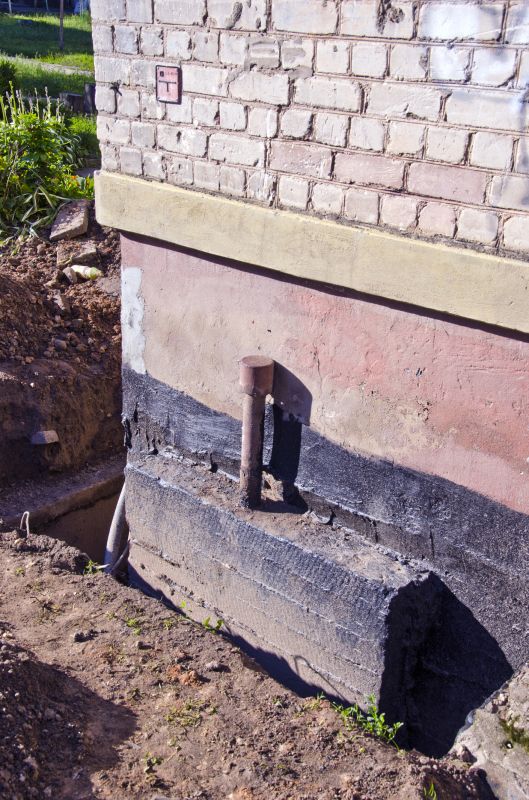
Spring's moderate conditions support effective foundation stabilization.
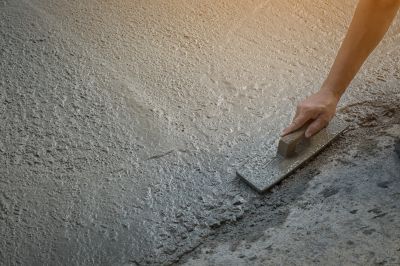
Dry summer months allow for efficient repairs with minimal weather disruptions.
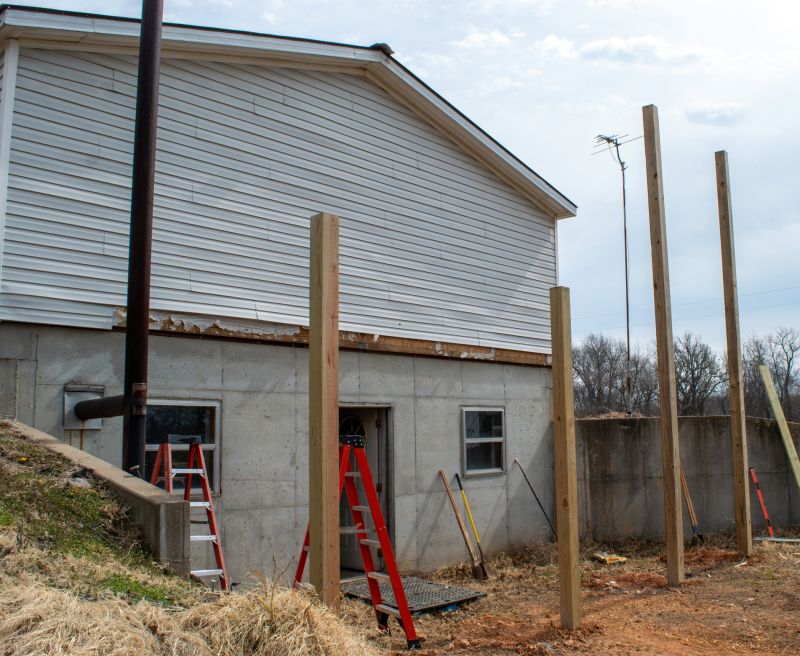
Preparing foundations before winter ensures long-term stability and reduces future issues.
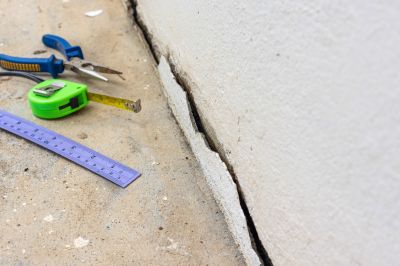
Ways to make Foundation Repairs work in tight or awkward layouts.
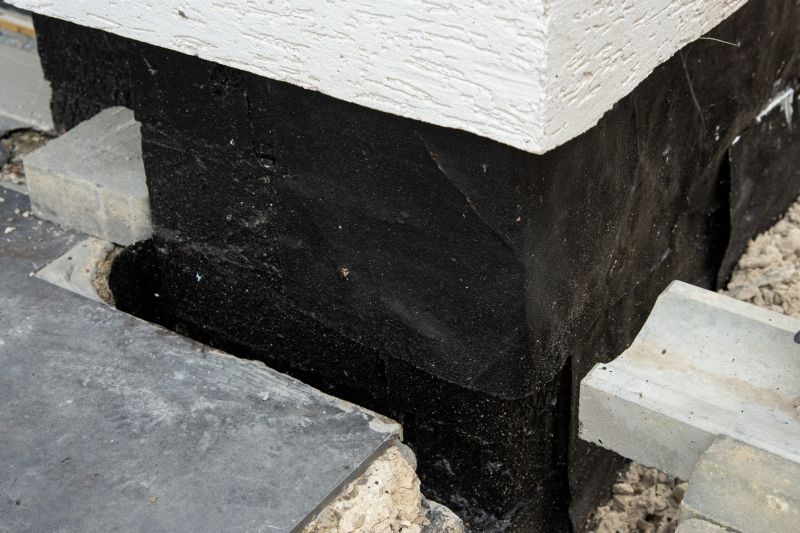
Popular materials for Foundation Repairs and why they hold up over time.
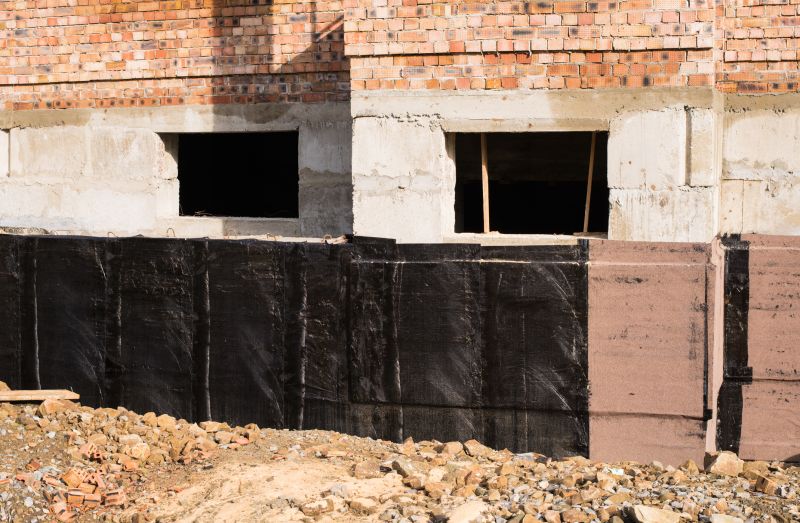
Simple add-ons that improve Foundation Repairs without blowing the budget.
| Season | Ideal Conditions |
|---|---|
| Spring | Moderate temperatures, soil moisture support repairs |
| Summer | Warm, dry weather ideal for foundation work |
| Fall | Cooler temperatures, stable soil moisture |
| Winter | Cold, frozen ground; less suitable in colder climates |
Foundation repairs are critical for maintaining structural integrity and preventing further damage. Addressing issues promptly can reduce long-term costs and preserve property value. Soil conditions, weather, and seasonal factors all influence the timing and success of repair projects. Proper planning ensures repairs are effective and durable, minimizing the risk of future problems.
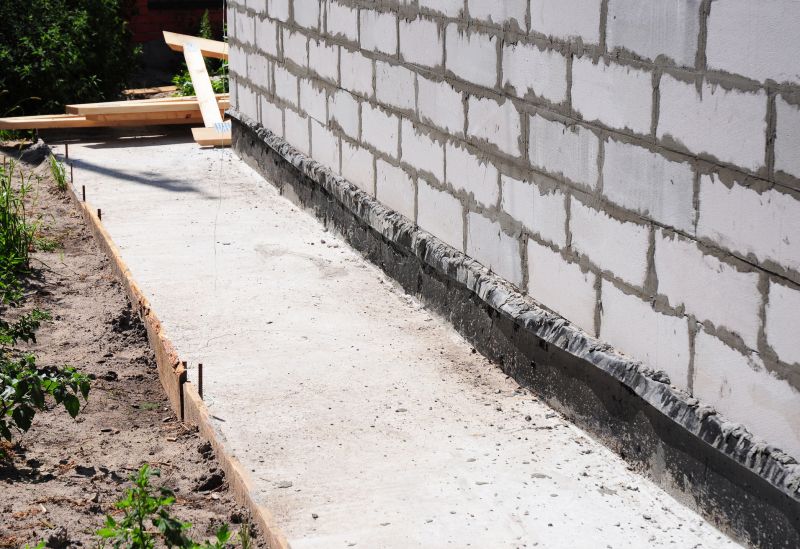
Proper timing enhances the effectiveness of stabilization techniques.
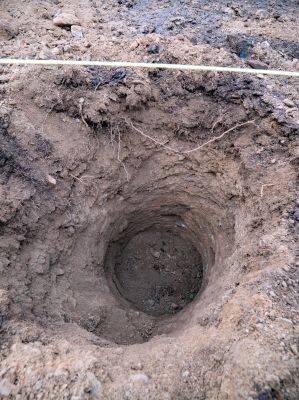
Seasonal soil conditions impact repair strategies and outcomes.
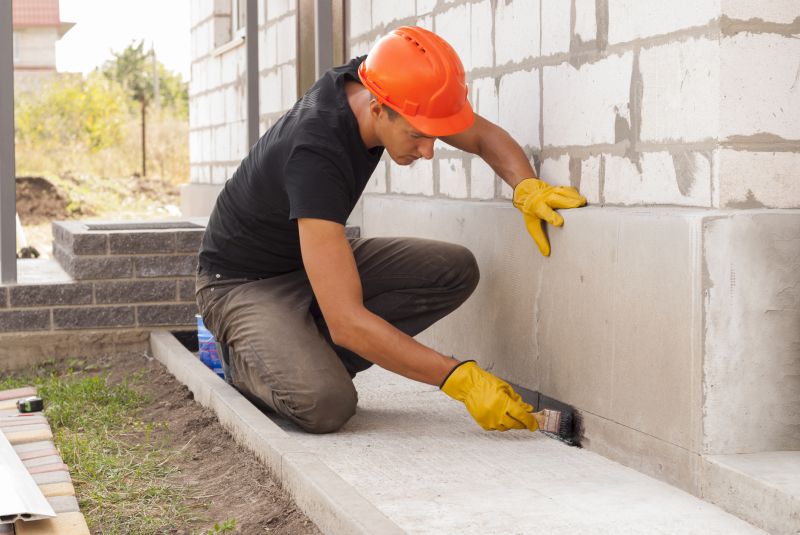
Avoiding extreme weather ensures project safety and quality.
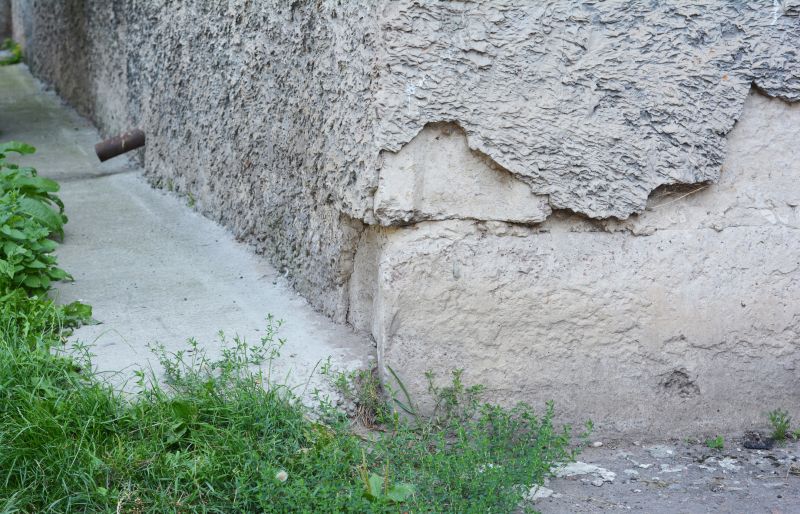
Optimal timing contributes to lasting foundation stability.
Choosing the right time for foundation repairs involves considering seasonal weather patterns, soil moisture levels, and ground stability. Proper timing can lead to more efficient work, better results, and minimized disruptions. Consulting with foundation specialists can help determine the most suitable period for repair projects based on specific site conditions.
Interested in foundation repairs? Filling out the contact form provides an opportunity to discuss options tailored to specific needs and conditions. Timely repairs can help maintain the safety and value of a property in Des Moines, IA.





